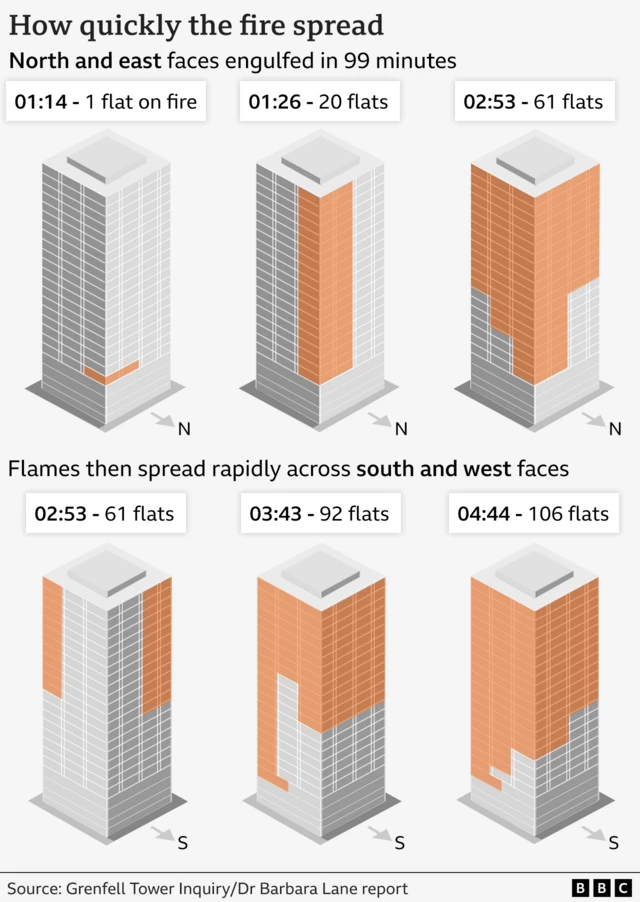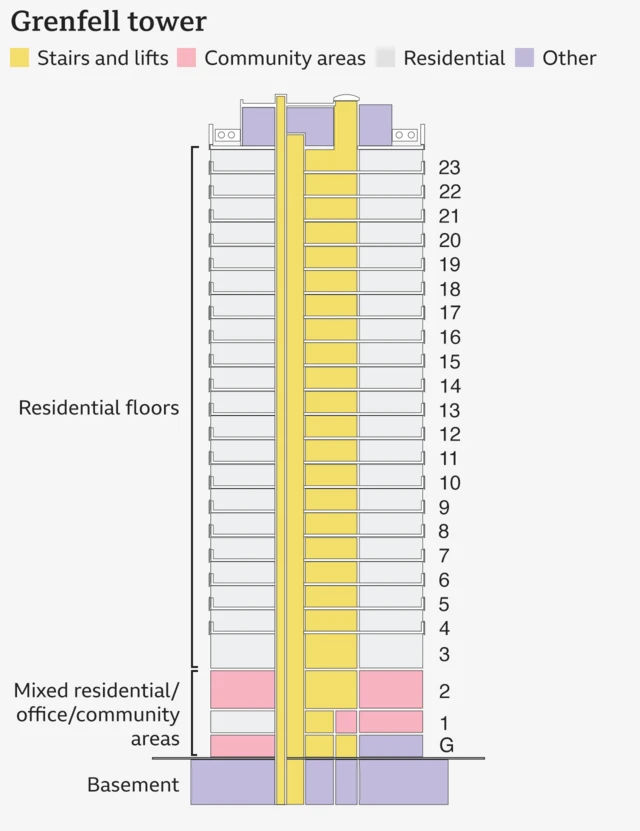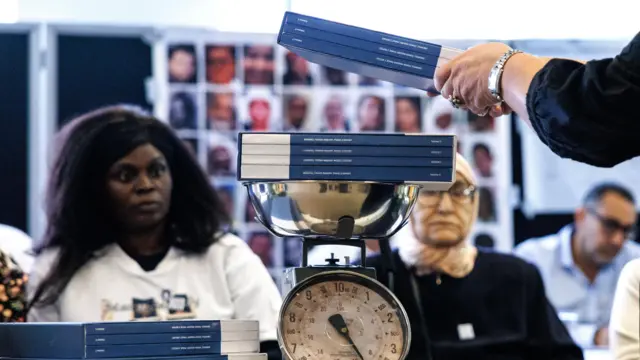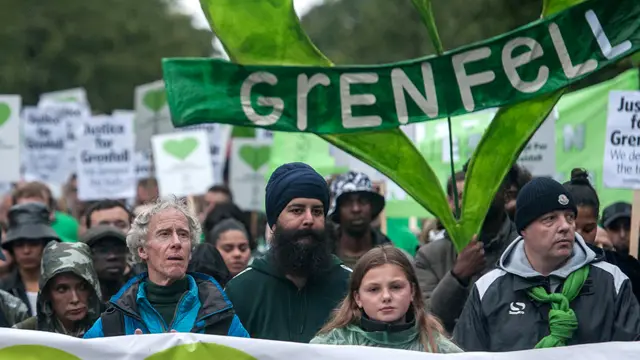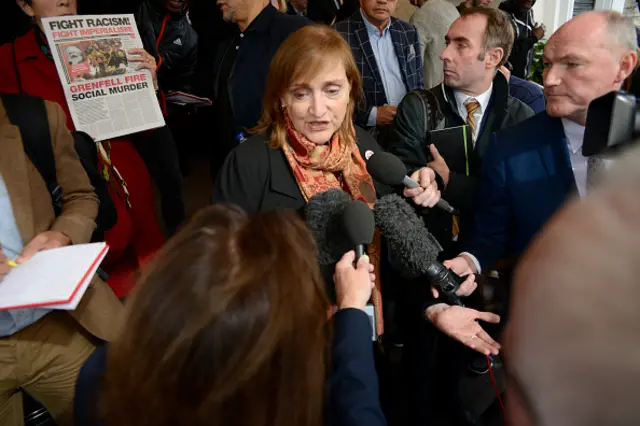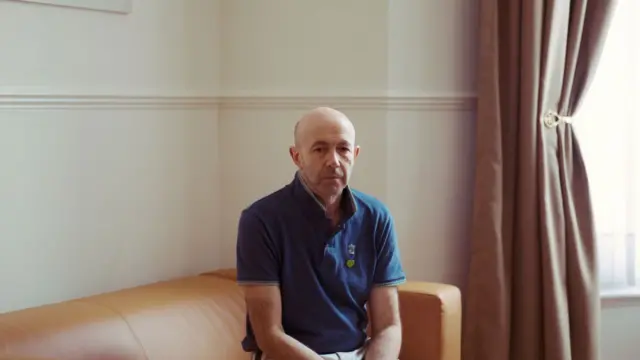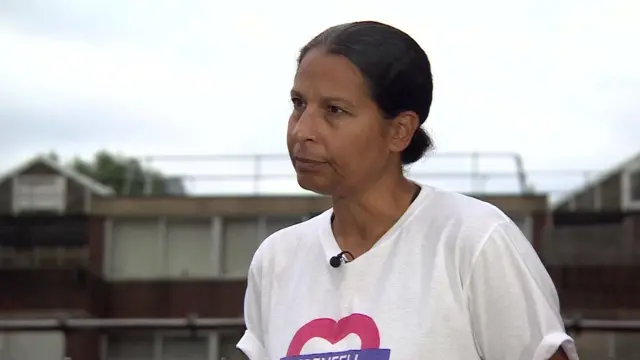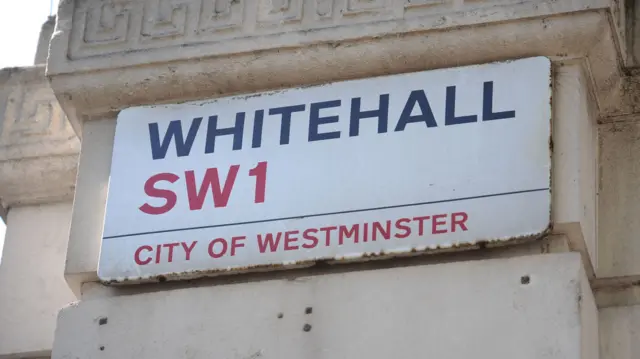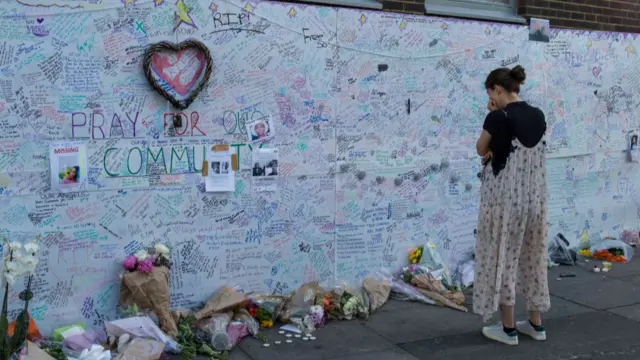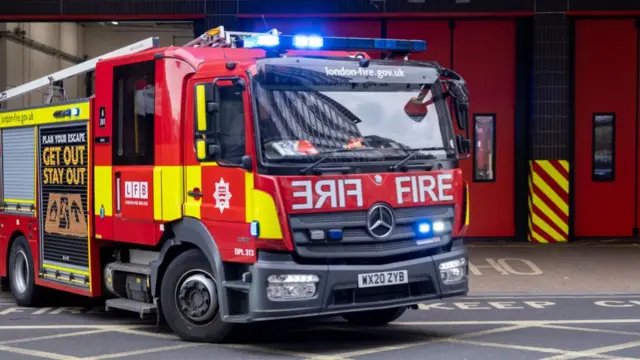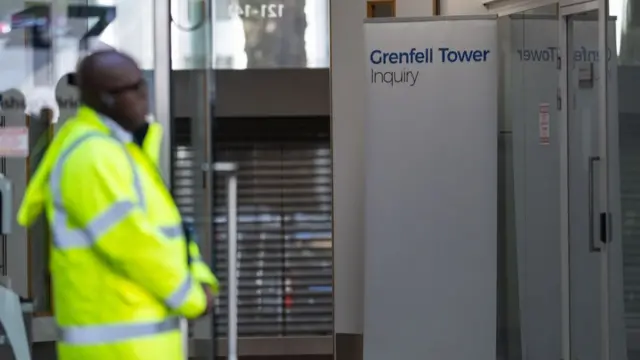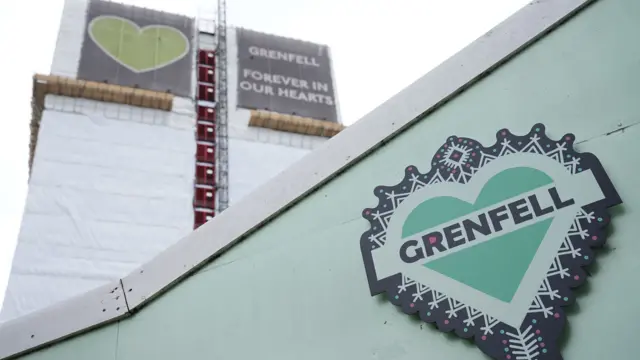'Difficult' to say if families 100% safe in their homes - Raynerpublished at 07:50 BST 5 September 2024
It's "difficult" to say if families are 100% safe in their homes following the Grenfell report, Rayner says.
She says "all buildings in the UK could have a failing of some sort" but that "every bit of work is being done" to make homes as safe as possible.
She says the recent fire in Dagenham, east London - in which everyone made it out of the building safely - was an example of the importance of the remediation work that the government is set to accelerate.
Rayner pledges to make buildings 'as safe as they possibly can be'
